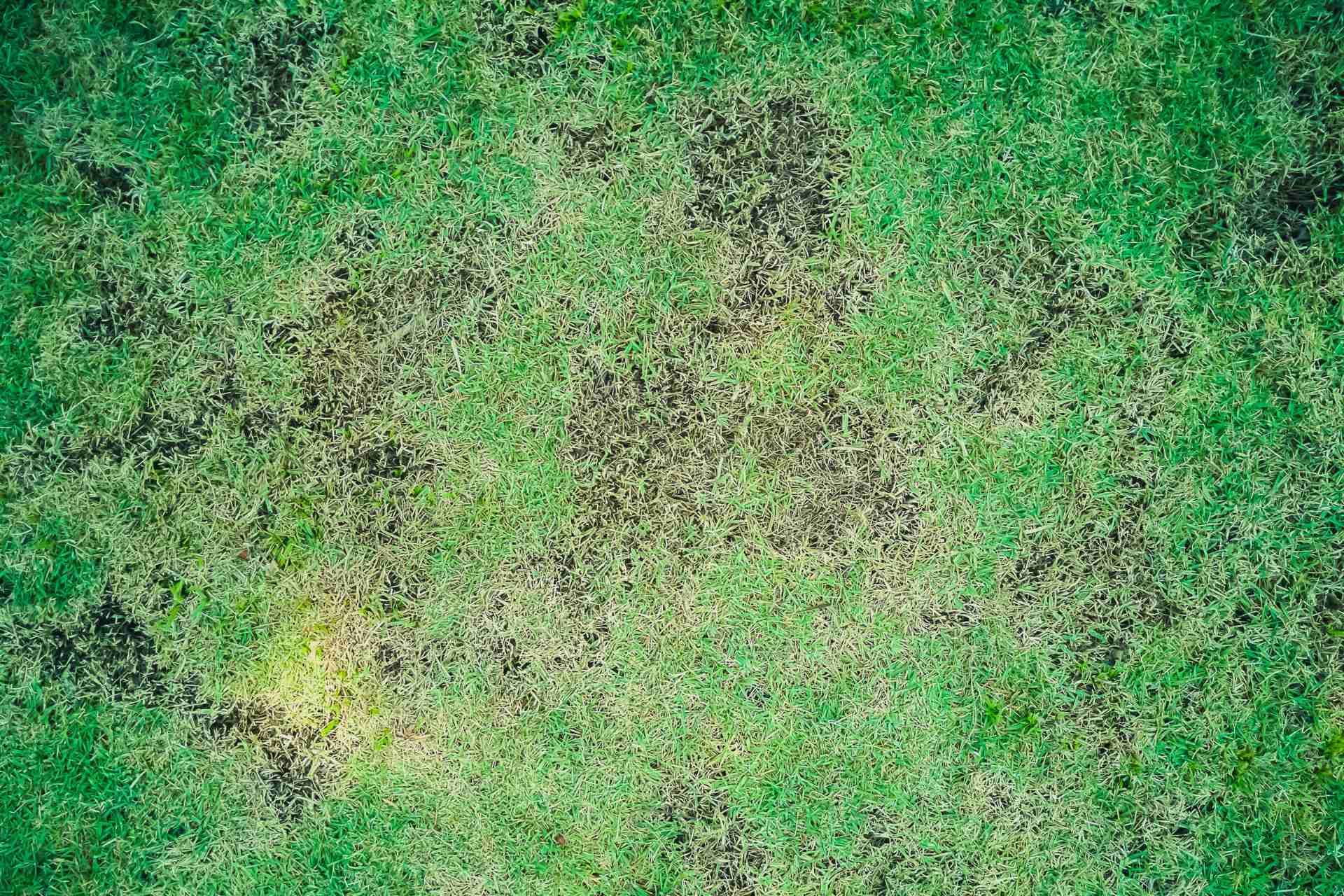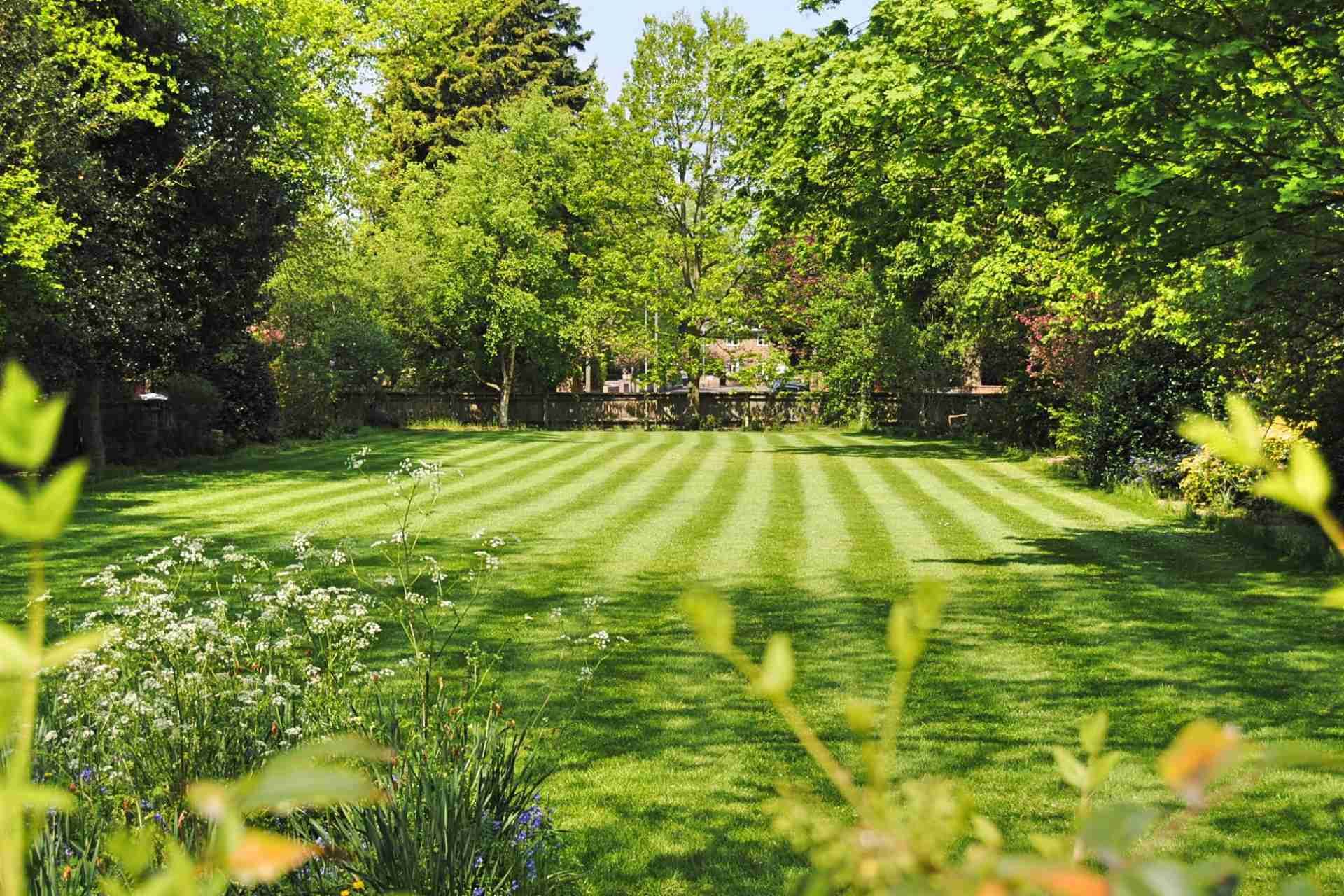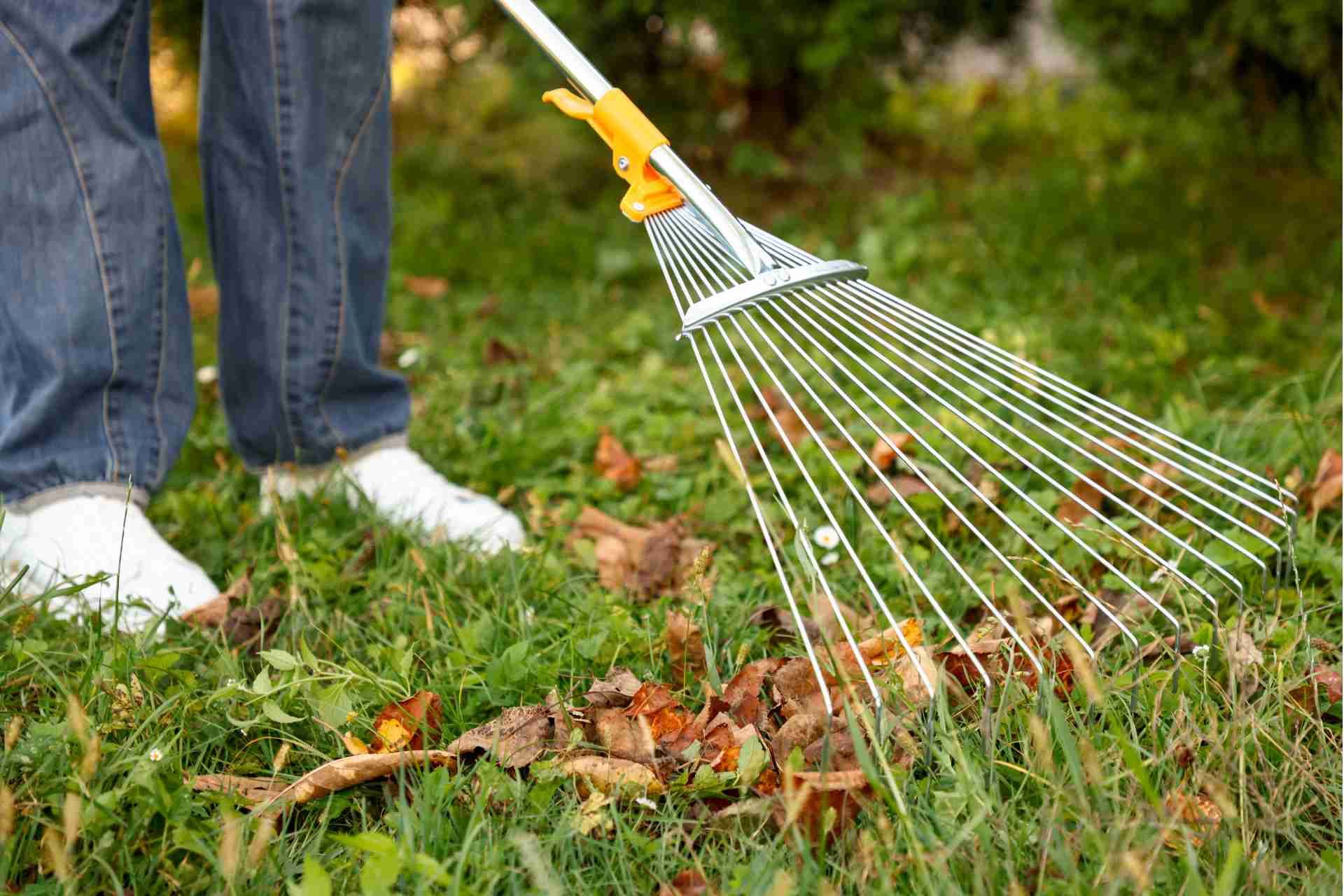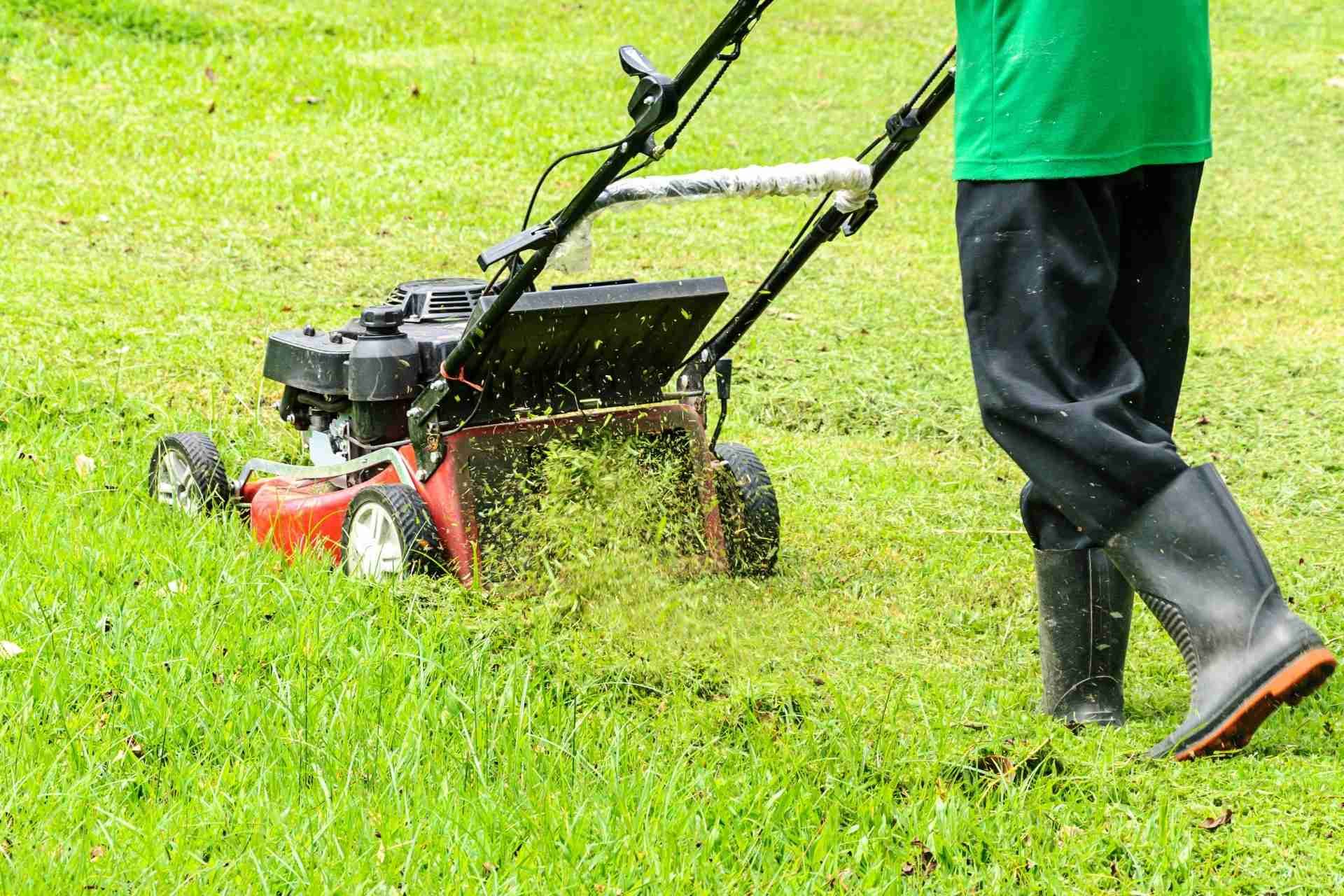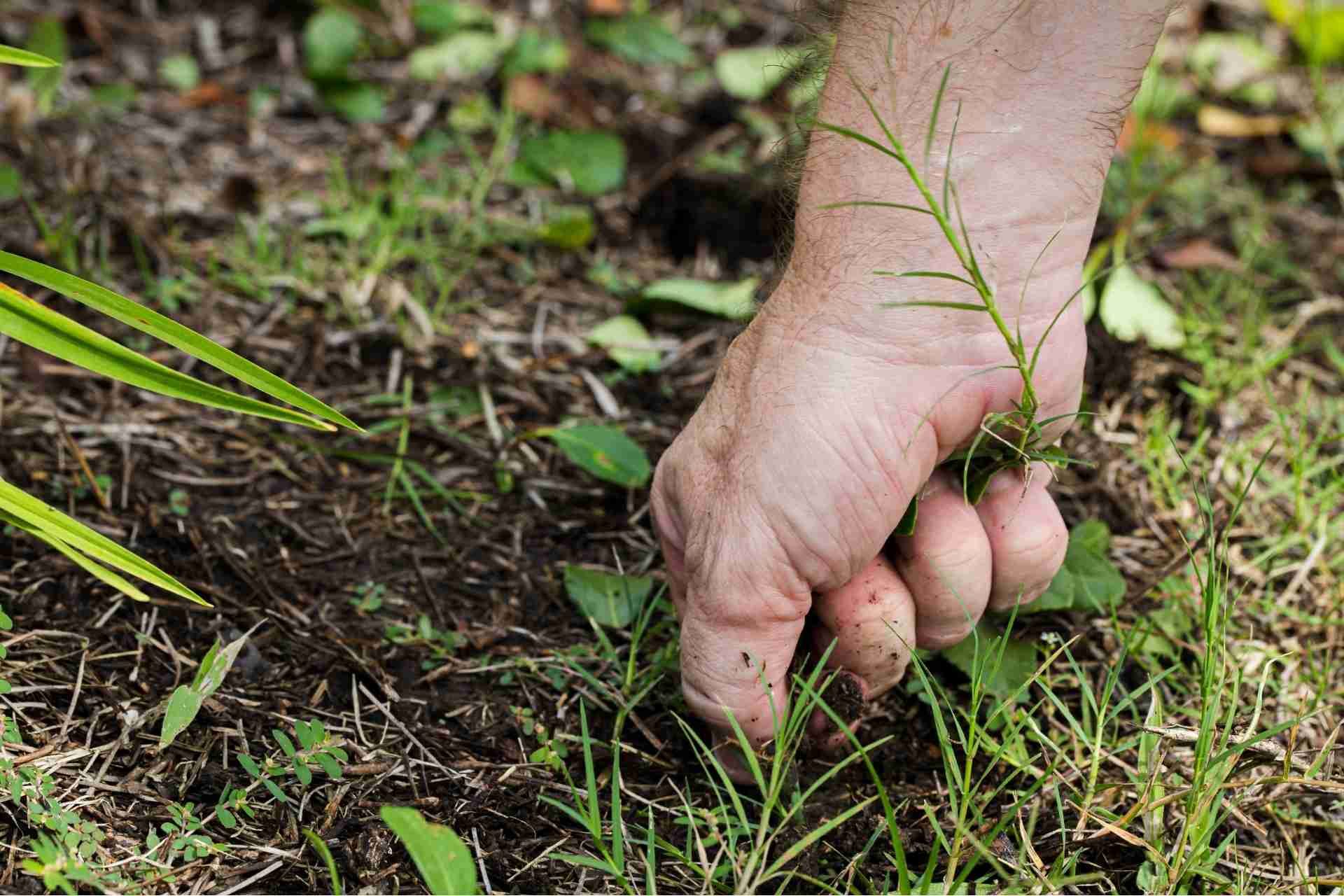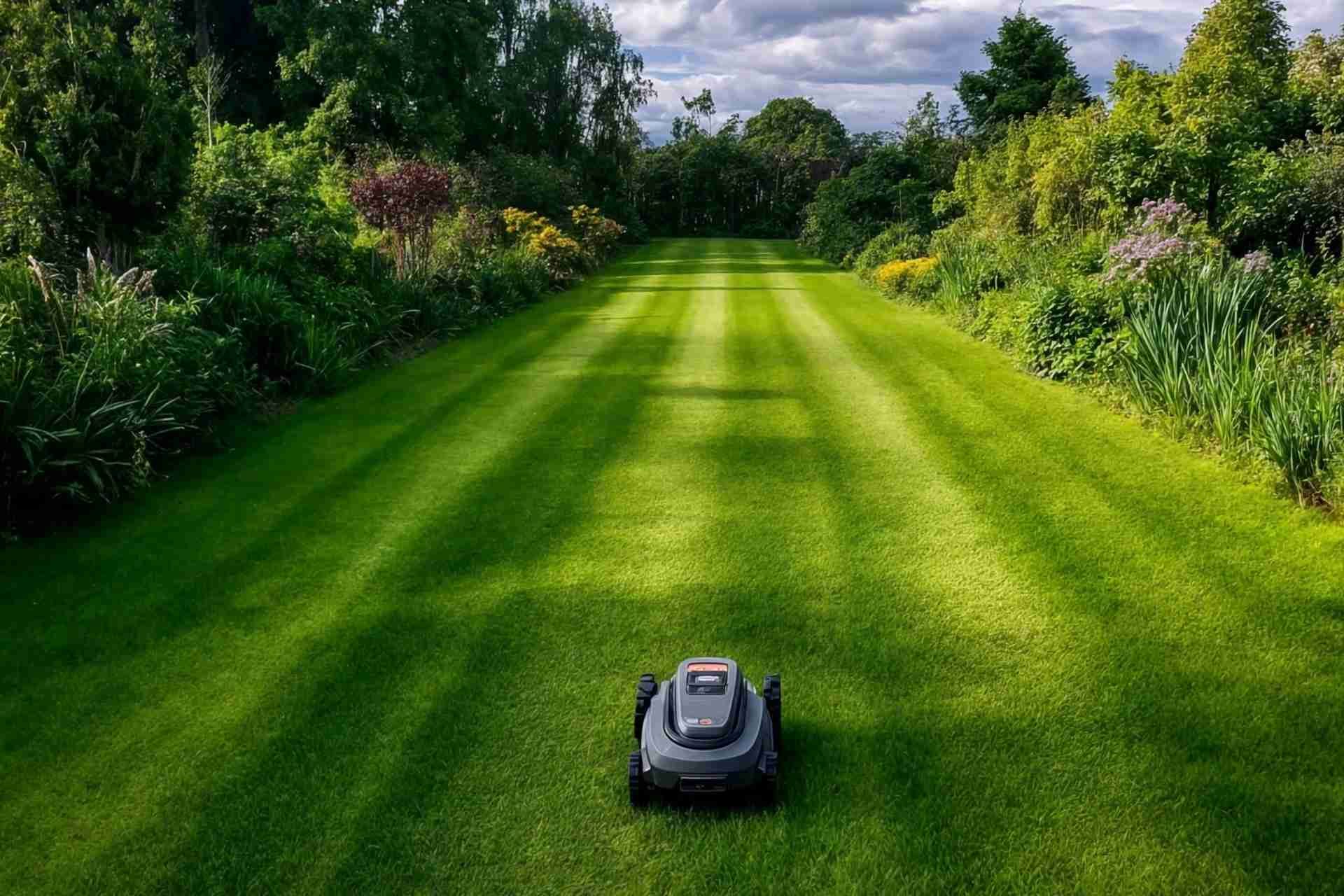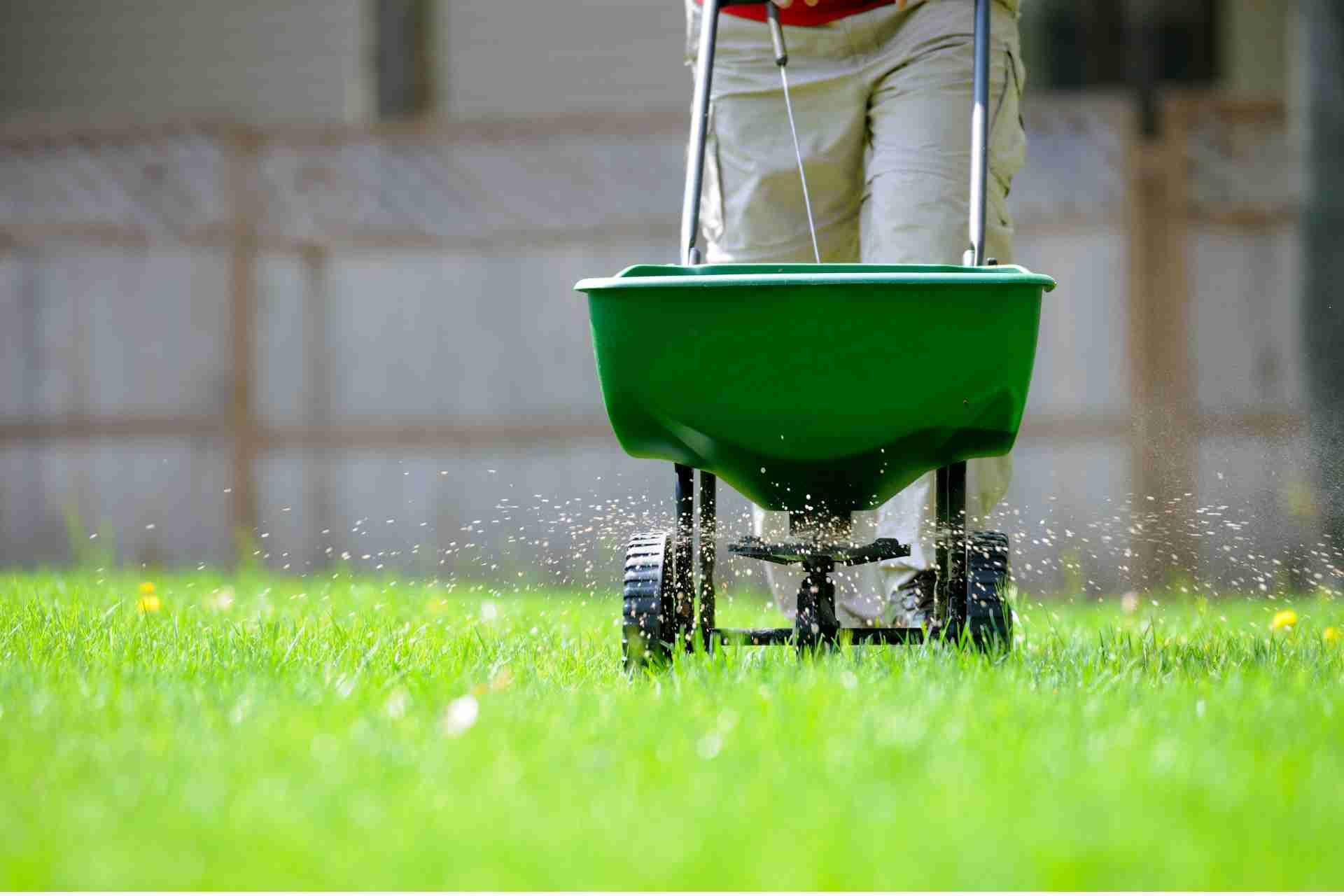The Benefits of Organic Lawn Care: Safe Practices for Families and Pets
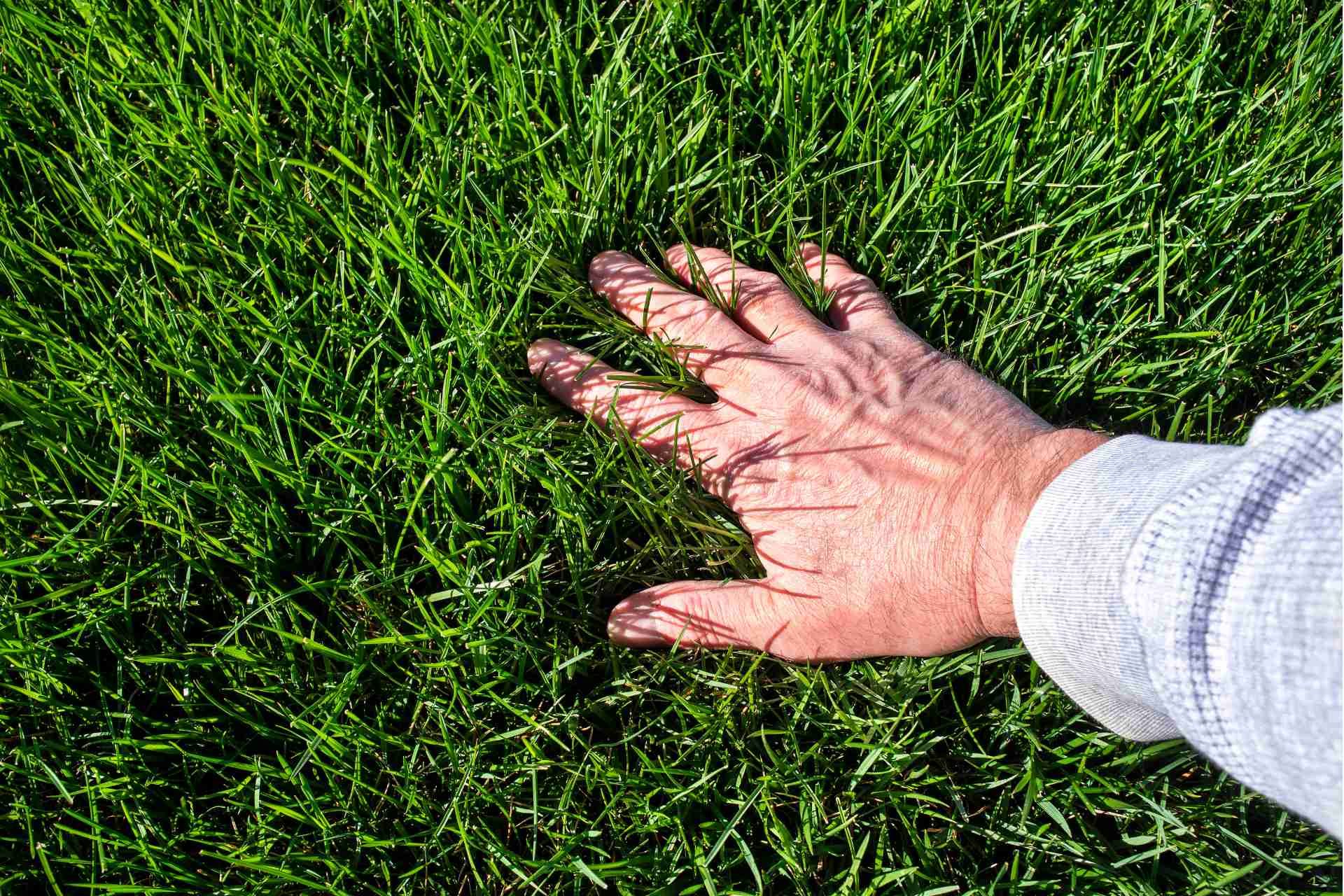
When it comes to caring for your lawn, choosing organic practices can significantly benefit your family and pets. By opting for natural fertilizers and pest control, you reduce the risk of exposure to harmful chemicals. This creates a safer outdoor space for your loved ones while promoting a healthier ecosystem. But what specific advantages does organic lawn care offer, and how can you easily implement these practices in your own yard?
Understanding Organic Lawn Care
When you think about maintaining a lush, green lawn, understanding organic lawn care is essential. This approach focuses on using natural methods to enrich your soil and promote healthy grass growth.
By choosing organic fertilizers, you're feeding your lawn with nutrients that enhance soil biology, leading to robust root systems. You'll also want to consider natural pest control methods, like introducing beneficial insects, which can help keep your lawn thriving without harsh chemicals.
Regular mowing at the right height and proper watering techniques are equally important; they contribute to a strong, resilient lawn. Embracing organic practices not only benefits your grass but also supports the environment, ensuring a greener future for your outdoor space.
Health Benefits for Families
As you cultivate an organic lawn, you'll discover that it brings numerous health benefits for your family. First, without harmful chemicals, you reduce exposure to toxins, promoting a safer environment for your loved ones. This can lead to fewer allergies and respiratory issues, especially for young children who are more vulnerable.
Moreover, maintaining an organic lawn encourages physical activity. You and your family can engage in gardening, mowing, and playing outside, which promotes fitness and well-being.
Additionally, an organic lawn often attracts beneficial insects and wildlife, enriching your family's connection to nature. This exposure fosters a sense of responsibility and awareness about the environment, teaching valuable lessons about sustainability and health.
Embracing organic practices cultivates a healthier lifestyle for you and your family.
Safety for Pets
Creating an organic lawn not only enhances your family's health but also ensures a safer environment for your pets. By choosing organic practices, you eliminate harmful chemicals that can irritate your furry friends or lead to serious health issues.
Conventional pesticides and fertilizers may linger in the grass, putting your pets at risk when they play or explore.
With organic lawn care, you use natural solutions that are pet-friendly, so you can relax while your pets enjoy the outdoors.
Plus, organic methods encourage biodiversity, creating a healthier ecosystem for your pets to thrive in.
You'll have peace of mind knowing your pets are safe from toxic substances, allowing them to roam freely and enjoy their surroundings without worry.
Environmental Impact of Organic Practices
While conventional lawn care often harms the environment, embracing organic practices can significantly reduce your ecological footprint.
By using natural fertilizers and pesticides, you're not only promoting healthier soil but also protecting local waterways from harmful chemicals. Organic practices encourage biodiversity, inviting beneficial insects and wildlife to thrive in your yard. This creates a balanced ecosystem that supports the health of your garden and the surrounding area.
Additionally, organic lawns can improve air quality by sequestering carbon and reducing greenhouse gas emissions. When you choose organic methods, you contribute to a sustainable environment, ensuring that future generations enjoy a vibrant and healthy planet.
Your small choices in lawn care can lead to a big impact on our shared environment.
Cost-Effectiveness of Organic Lawn Care
When you consider the long-term benefits, organic lawn care can actually be more cost-effective than conventional methods.
While the initial investment might seem higher, think about the savings you'll enjoy over time. Organic practices reduce the need for synthetic fertilizers and pesticides, which can be pricey and require frequent applications.
By focusing on natural solutions, you're less likely to face costly lawn repairs due to chemical damage. Plus, healthy soil leads to a resilient lawn that needs less water and fewer resources.
You'll also avoid potential fines from local regulations on chemical use. Ultimately, investing in organic lawn care not only protects your family and pets but also saves you money in the long run.
Enhancing Soil Health Naturally
To enhance soil health naturally, you need to focus on building a rich ecosystem beneath the surface.
Start by adding organic matter like compost or well-rotted manure. This not only improves soil structure but also provides essential nutrients.
Consider planting cover crops during the off-season; they prevent erosion and boost organic content.
Regularly aerate your lawn to improve air circulation and water absorption.
Mulching around plants helps retain moisture and suppress weeds while enriching the soil as it breaks down.
Using natural fertilizers can also help maintain nutrient balance without harmful chemicals.
Lastly, encourage beneficial organisms like earthworms and microbes by avoiding synthetic pesticides.
Pest Control Without Chemicals
Finding effective pest control methods without chemicals can be challenging, but you can maintain a healthy lawn and garden by embracing natural alternatives.
Start by using neem oil, a natural insect repellent, to keep pests like aphids at bay. Diatomaceous earth is another option; sprinkle it around plants to deter soft-bodied insects.
You can also introduce beneficial insects, like ladybugs and lacewings, which feed on harmful pests. Creating homemade traps with soapy water can capture unwanted insects without harming your plants.
Additionally, planting pest-repelling herbs like basil and mint can naturally ward off intruders.
Regularly monitoring your plants and keeping your garden clean will help you catch issues early, ensuring a thriving, chemical-free environment for your family and pets.
Promoting Biodiversity in Your Yard
Creating a thriving ecosystem in your yard not only supports plant health but also enhances biodiversity. By incorporating a variety of native plants, you attract beneficial insects, birds, and other wildlife. These plants provide essential food and shelter while encouraging natural pollination.
Consider leaving some areas wild or creating small habitats with logs, stones, or water features. This diversity will help control pests and promote a balanced environment.
Additionally, avoid using chemicals that can harm beneficial organisms. Instead, embrace organic practices like composting and crop rotation to enrich your soil.
Planting flowers alongside your vegetables can further attract pollinators, boosting productivity. By fostering biodiversity, you'll create a vibrant and resilient yard, making it a safer space for your family and pets.
Tips for Starting an Organic Lawn Care Routine
Establishing an organic lawn care routine can transform your yard into a lush, healthy space. Start by assessing your soil; you might want to conduct a soil test to understand its pH and nutrient levels. This'll help you choose the right organic fertilizers.
Next, select native grasses and plants that thrive in your climate, reducing the need for excessive watering. Regularly mow your lawn, keeping the blade high to encourage deep roots.
Incorporate natural pest control methods, like beneficial insects, to keep harmful pests at bay. Lastly, practice mulching to retain moisture and suppress weeds.
Maintaining Your Organic Lawn Throughout the Seasons
As the seasons change, maintaining your organic lawn requires a proactive approach to keep it healthy and thriving year-round.
In spring, focus on aerating the soil and applying organic fertilizers to promote growth.
As summer heats up, ensure your lawn gets enough water—early morning is best to avoid evaporation.
During fall, rake leaves and consider overseeding to strengthen your grass for winter.
In winter, protect your lawn by avoiding heavy foot traffic and using mulch to shield the roots from harsh conditions.
Regularly inspect for pests and diseases, treating them with natural solutions.
Conclusion
Incorporating organic lawn care into your routine not only creates a safe haven for your family and pets but also nurtures the environment. By choosing natural methods, you'll enjoy a healthier outdoor space while promoting biodiversity and sustainability. It's cost-effective and helps you avoid harmful chemicals, making your yard a place for fun and relaxation. Start your journey towards organic lawn care today, and watch as your lawn transforms into a vibrant, safe oasis for everyone to enjoy!

